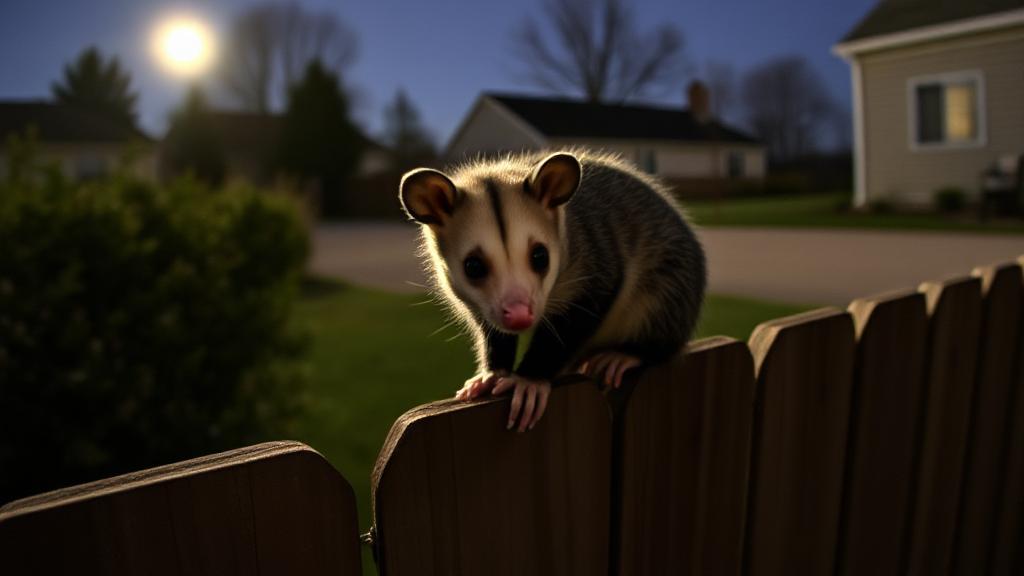Understanding Possum Behavior 🦝
Possums, often referred to as opossums in North America, are fascinating creatures that play a crucial role in the ecosystem. They are generally non-aggressive and prefer to avoid confrontation. When threatened, possums typically employ several defense mechanisms:
- Playing dead (hence the phrase "playing possum")
- Hissing or growling as a warning
- Drooling to appear sick or unappetizing
- Slowly backing away from the perceived threat
Key Characteristics:
- Nocturnal: Active primarily at night
- Omnivorous: Diet includes fruits, insects, small animals, and carrion
- Solitary: Prefer to live alone except during mating season
Health and Safety Considerations 🏥
While possums can carry diseases, they're actually less likely to harbor rabies than many other wild animals due to their naturally low body temperature. However, they may carry:
- Leptospirosis
- Tuberculosis
- Tularemia
Important Note: According to the Wildlife Center of Virginia, opossums actually help reduce the spread of Lyme disease by consuming thousands of ticks that carry the bacteria.
Risks to Pets
Possums are generally not a threat to pets, but there are some considerations:
Dogs
Most encounters between possums and dogs end with the possum playing dead or escaping. However, if cornered, they may defend themselves with their sharp teeth.
Cats
Surprisingly, cats and possums often ignore each other. Many outdoor cats have been observed sharing food sources with possums without incident.
Potential Issues:
- Fights with pets: Possums may defend themselves if they feel threatened
- Disease transmission: Through contact with urine, feces, or saliva
- Parasites: Can carry fleas, ticks, and mites
Benefits to Your Yard 🌿
Rather than being dangerous, possums can actually benefit your property by:
- Eating harmful insects and pests
- Consuming rotting fruit and vegetables
- Cleaning up spilled bird seed
- Controlling rodent populations
Creating a Peaceful Coexistence
To minimize potential conflicts:
Tips for Prevention:
- Secure Trash Bins: Use animal-proof trash cans
- Remove Food Sources: Keep pet food indoors and clean up fallen fruits
- Seal Entry Points: Ensure your home and outbuildings are secure
- Install Deterrents: Use motion-activated sprinklers or ultrasonic repellent devices
When to Seek Help
Contact a wildlife professional if you encounter:
- An injured possum
- One showing unusual aggressive behavior
- A possum in your living space
For more insights into possums and wildlife removal, visit the National Wildlife Federation website.
Final Thoughts
While possums may look intimidating due to their nocturnal habits and unique appearance, they are generally harmless to humans and pets when treated with respect and given space. Their presence often indicates a healthy ecosystem, and their natural behaviors can actually benefit your property more than harm it. 🌿
Remember: Like most wildlife, possums prefer to avoid human contact and will only become defensive when they feel threatened or cornered.
